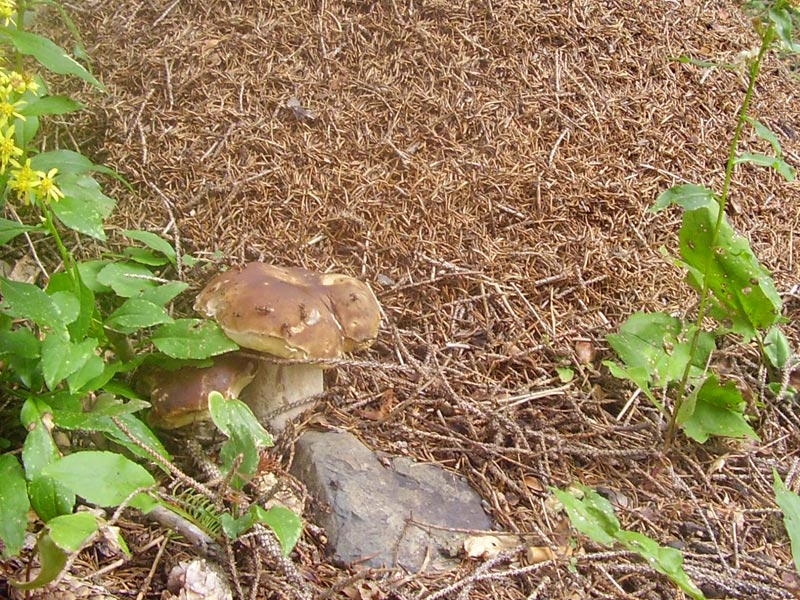Riserva Naturale Boschi del Giovetto di Paline
www.ersaf.lombardia.it/biodiversita-e-aree-protette/riserve-naturali/riserva-naturale-boschi-del-giovetto-di-paline/Points of Interest
Giovetto: The Woodland of Ants
The first introduction of ants in woodlands they had never lived in took
place in 1950 in the Apennine pinewood of Mt. Alpe (in the Ligurian
Apennine, in the province of Pavia). There the Pine Procession Moth (a
butterfly caterpillar feeding with pine needles) was severely infesting
the woodlands.
For this reason, the ants from the Giovetto woodlands were chosen to carry out the experiment.
The efficacy of the ants which had been introduced to stop the cycle of
the Pine Procession Moth led to further transplantation into the woods
lacking in ants and the main resource in this sense has been found in
the Giovetto woods.
Thus, in several places of the Alps and of the Pre-Alps, the Apennines,
Sicily, Sardinia, and also Germany and Canada, new nuclei of diffusion
of red ants have been introduced. Where the transplantation had
success, a new permanent system of relationships between the fauna and
the forest was created. In this system, ants play an active role of
biological control of the insects damaging the woodlands.






